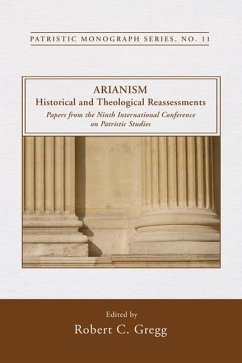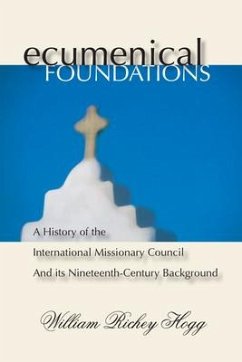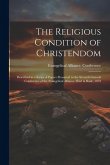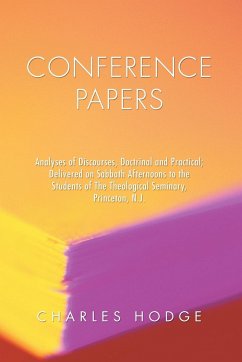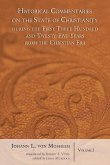Recent research has exposed difficulties in those interpretations of Arianism upon which we have long relied; old certainties have given way to new lines of inquiry. And yet a fresh picture of this historic controversy, adequate to the complexity of Arianism (or the several forms and expressions of Arianism) and to the complexity of the era in which it emerged, is being sketched line by line. This collection of papers reflects, in some measure, the state of the question: what is Arianism? The pursuit of a fuller and more precise answer entails the several kinds of work contained in this book's sections--close re-examination of sources, the drawing of sharper distinctions between types of Arians and phases of Arianism, even while continuities are sought, careful reassessment of how Arianism is to be described as philosophy and religion, and scrutiny of significant aspects of the strife between Arians and Nicenes. --from the Foreword
Hinweis: Dieser Artikel kann nur an eine deutsche Lieferadresse ausgeliefert werden.
Hinweis: Dieser Artikel kann nur an eine deutsche Lieferadresse ausgeliefert werden.

